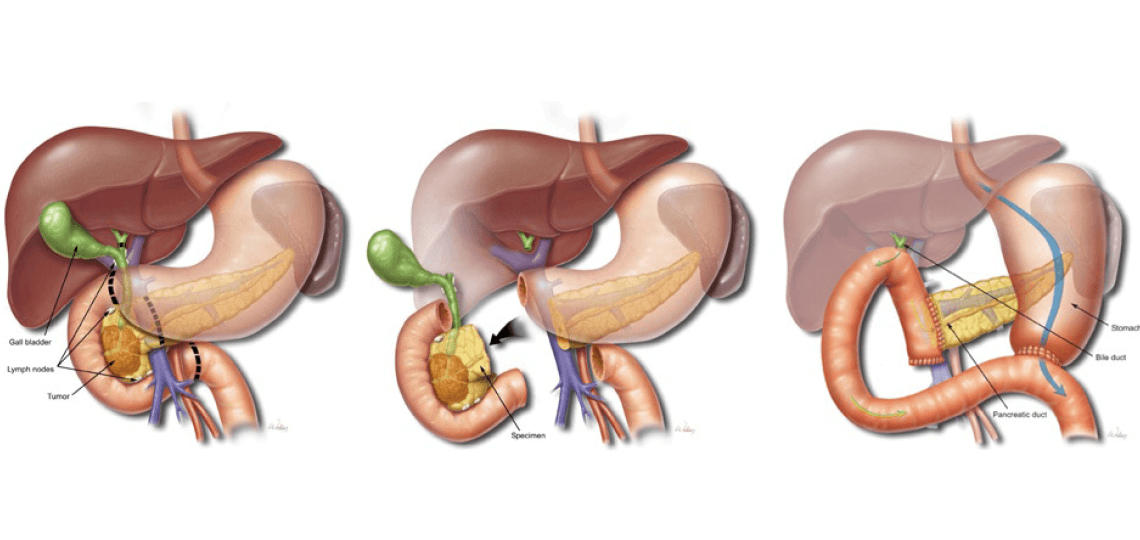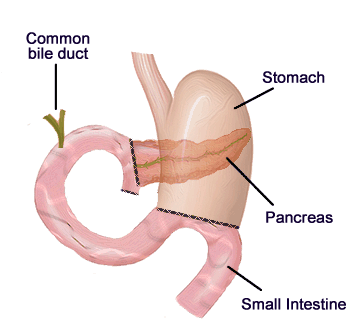Whipple Surgery
Learn about Whipple surgery, also known as pancreaticoduodenectomy, a complex surgical procedure used to treat pancreatic and related cancers. Discover the benefits, procedure details, and what to expect during the recovery period.
Introduction
Whipple surgery, formally known as pancreaticoduodenectomy, is a specialized surgical procedure used to treat pancreatic and related cancers. It involves the removal of the head of the pancreas, part of the small intestine, the gallbladder, and sometimes a portion of the stomach. In this blog post, we will delve into the details of Whipple surgery, including the procedure itself, recovery process, and the benefits it offers to patients.

Indications for Whipple Surgery
Whipple surgery is primarily performed to treat pancreatic cancers, including tumors in the head of the pancreas, bile duct, duodenum, or ampulla of Vater. It may also be recommended for certain cases of chronic pancreatitis and benign tumors that affect these areas.
The Complex Nature of the Procedure
Whipple surgery is a highly complex surgical procedure that requires the expertise of a skilled surgical team. The operation involves removing the diseased or affected portions of the pancreas, bile duct, small intestine, and stomach, and then reconnecting the remaining structures to ensure the continuity of digestive function.
Benefits of Whipple Surgery
For patients diagnosed with pancreatic or related cancers, Whipple surgery offers a potential cure or improved survival rates. By removing the tumor and affected organs, the surgery aims to eliminate cancerous cells and prevent further spread. The procedure can provide patients with an opportunity for long-term remission and an improved quality of life.
Alleviation of Symptoms
Whipple surgery can also significantly alleviate the symptoms associated with pancreatic and related cancers. This may include pain relief, improved digestion, and the resolution of obstructive symptoms caused by tumor growth, such as jaundice or bile duct blockage.
The Whipple Surgery Procedure
Before Whipple surgery, a thorough evaluation is conducted to assess the patient's overall health and suitability for the procedure. This may involve blood tests, imaging scans, and other diagnostic tests to determine the extent and location of the tumor and evaluate the patient's fitness for surgery.

Surgical Steps and Reconstruction
During Whipple surgery, an incision is made in the abdomen to access the affected organs. The surgeon carefully removes the tumor along with the head of the pancreas, bile duct, a portion of the small intestine, and sometimes part of the stomach. The remaining structures are then reconstructed, allowing for the continuity of the digestive system.
Hospital Stay and Initial Recovery
After Whipple surgery, patients are closely monitored in the hospital's surgical ward or intensive care unit. Pain management, intravenous fluids, and antibiotic medications are provided. Initially, patients may be restricted to a clear liquid diet, gradually progressing to a soft diet as tolerated.
Long-Term Recovery and Follow-Up
Recovery from Whipple surgery is a gradual process that may take several weeks to months. During this time, patients will be advised to follow a specific diet and gradually increase physical activity under the guidance of their healthcare team. Regular follow-up appointments will be scheduled to monitor healing, manage any potential complications, and provide ongoing support.
Conclusion
Whipple surgery, or pancreaticoduodenectomy, is a complex surgical procedure used to treat pancreatic and related cancers. By removing the affected organs and tumor, Whipple surgery offers the potential for cure or improved survival rates, as well as relief from symptoms. If you or a loved one has been diagnosed with pancreatic cancer or related conditions, consult with a skilled surgical team to determine if Whipple surgery is a suitable treatment option.
We are associated with experienced and highly skilled medical professionals. We use the latest medical technology available in the world and we provide medical services in collaboration with JCI & NABH Certified hospitals only. Our services include various types of treatment and organ restructuring and transplant.
